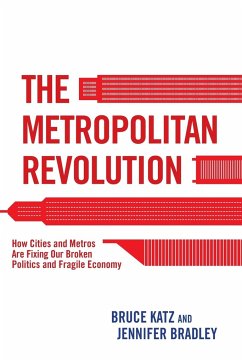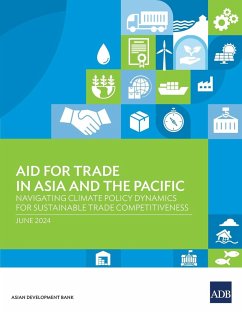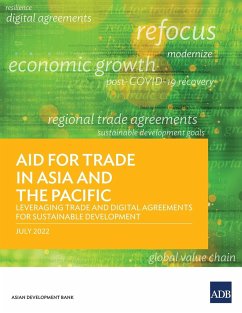
Land and Freedom
The MST, the Zapatistas and Peasant Alternatives to Neoliberalism
Versandkostenfrei!
Versandfertig in 1-2 Wochen
34,99 €
inkl. MwSt.
Weitere Ausgaben:

PAYBACK Punkte
17 °P sammeln!
The Zapatistas of Chiapas and the Landless Rural Workers' Movement (MST) of Brazil are often celebrated as shining examples in the global struggle against neoliberalism. But what have these movements achieved for their members in more than two decades of resistance and can any of these achievements realistically contribute to the rise of a viable alternative? Through a perfect balance of grassroots testimonies, participative observation and consideration of key debates in development studies, agrarian political economy, historical sociology and critical political economy, Land and Freedom comp...
The Zapatistas of Chiapas and the Landless Rural Workers' Movement (MST) of Brazil are often celebrated as shining examples in the global struggle against neoliberalism. But what have these movements achieved for their members in more than two decades of resistance and can any of these achievements realistically contribute to the rise of a viable alternative? Through a perfect balance of grassroots testimonies, participative observation and consideration of key debates in development studies, agrarian political economy, historical sociology and critical political economy, Land and Freedom compares, for the first time, the Zapatista and MST movements. Casting a spotlight on their resistance to globalizing market forces, Vergara-Camus gets to the heart of how these movements organize themselves and how territorial control, politicization and empowerment of their membership and the decommodification of social relations are key to understanding their radical development potential.













